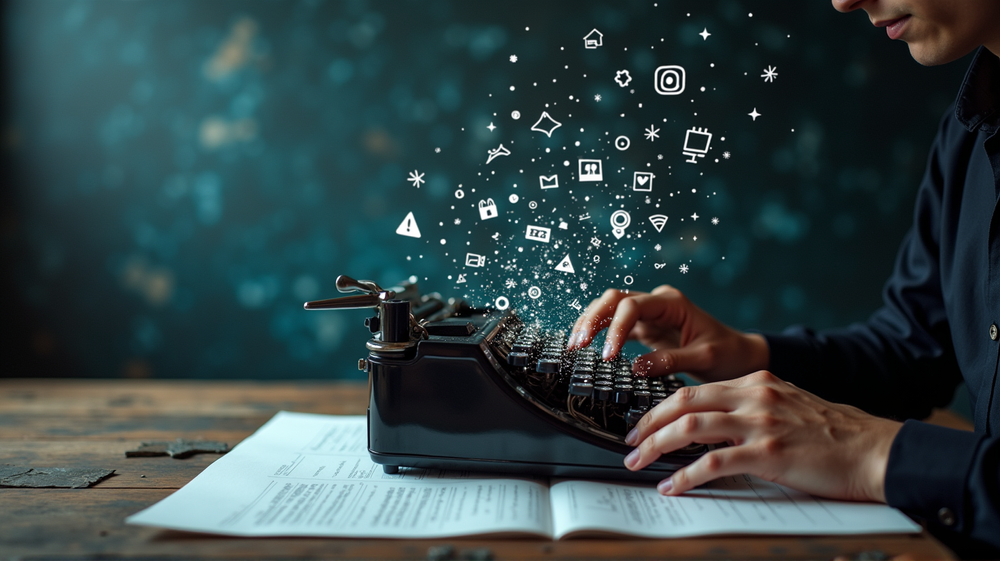The world of writing is facing a transformative challenge. Picture a bustling literary arena where traditional authors wrestle with the looming presence of artificial intelligence. Can the genuine art of storytelling survive when faced with machines that mimic human creativity?
The Big Tech Show’s Intriguing Challenge
In the latest episode of The Big Tech Show, bestselling Irish children’s author Shane Hegarty locks horns with AI technology. Adrian, the host, presents him with a 500-word artificial creation by ChatGPT, designed to mirror Hegarty’s unique style. The result? A resounding one out of ten from Hegarty, who found the piece fumbling with humor and missing the essence of his narrative charm. According to The Irish Independent, this interaction raises pertinent questions about the future relationship between authors and AI-generated content.
The Ripple Effect of AI in Literature
The incident has sparked a wider discussion on how AI could alter the landscape of literature. Imagine waking up to find your latest book unsigned, your name replaced by a digital avatar. For many authors, this fear is turning into a tangible reality as AI technology begins to find its foothold in literary creation.
Spotting the Authentic from the Artificial
Can readers trust what they see on the pages anymore? This question lingers like a haunting echo in the corridors of publishing houses and online bookstores. Hegarty’s experience underscores the difficulty in gauging authenticity when technology becomes sophisticated enough to blur those lines.
Will AI Authors Replace Human Creativity?
Are the days of unique human-led storytelling numbered? As AI strides forward, authors like Hegarty voice concerns about losing their creative turf. Writing is more than just stringing words together; it’s a journey into the heart of human experience. Yet, as LLMs (Large Language Models) evolve, there is a fear that they might replace the nuanced touch only a writer can provide.
The Future of Books: A Harmonious Blend?
Could there be a balance where technology complements rather than competes? As both sides of the literary galaxy adjust to this new dynamic, a harmonious coexistence could emerge, blending the innovative reach of AI with the timeless beauty of human insight.
In this evolving narrative where tradition meets technology, it is up to both writers and readers to decide which chapter they want to live in. Will they embrace innovation or fight to preserve the authenticity that defines the very soul of literature?













